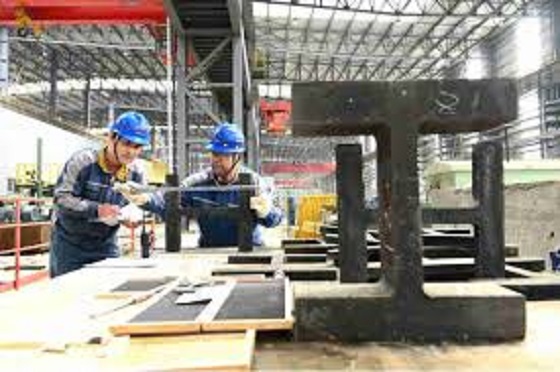By He Linping, Hong Qiuting, People’s Daily
A smart infrared thermometer is monitoring the temperature of everyone coming in a
neighborhood, while information such as entrance & exits, visits and contacts is recorded on an
intelligent community management platform to offer an insight into the development of COVID-
19 prevention and control in the neighborhood.
That's what was seen at the entrance of Shipai village, Guangzhou of south China's Guangdong
province during epidemic control.
The smart system that has played a vital role in epidemic prevention and control was developed by
Pci-Suntek Technology Co., Ltd., based in Guangzhou. The company's president Liu Wei, who's
also a member of the national committee of the Chinese People's Political Consultative
Conference (CPPCC) shared with People's Daily his story in the battle against the disease.
"I found that the check points, information registration and home visits during epidemic control all
consumed a large amount of manpower, but information technology was indeed seldom applied,"
Liu said. As a practitioner in the sci-tech industry, he spotted what should be done for the
construction of smart cities.
"For instance, in Shipai village, 7 staff members were needed at each check point, which made the
total over 100 if staff members were deployed in all 10 check points of the village and worked in
two shifts. Besides, identity verificaiton and security check also posed great difficulties," Liu said.
To address such problems, his company developed an artificial intelligence (AI) system that
measures body temperatures together with facial recognition technology, and offered a systematic
solution. Now, the system and solution have been applied in 28 cities in 17 Chinese provinces.
Doing a great job as the head of a tech firm while working to improve people's livelihood is what
Liu has always been doing to fulfill the responsibilities of a member of the CPPCC National
Committee. "I'm paying close attention to the society and technological innovation," he said,
adding that AI and new infrastructure have always been a major focus of his proposals.
“No matter how busy I am, I will always take time to survey,” Liu said. Conducting in-depth
communication with tech professionals and field trips to different cities, he witnessed major
changes.
“AI, a technology still remaining in the laboratory two years ago, is now applied in transportation,
health care and other sectors, while facial recognition, smart robots, drones and big data have been
integrated into all aspects of people's life, bringing profound changes to social life,” Liu noted,
saying the changes are perceivable to all.
Liu's proposal this year is enhancing urban grid-control system to cope with major public
emergencies. "The construction of new infrastructure will bring more changes," he said, expecting
smart city construction can be propelled by more smart technologies.
“I hope AI will make life better and more intelligent,” he said. As a national political adviser for
years, Liu has made unremitting efforts to realize the goal, trying his best to combine frontier
technologies with national and social development in his proposals every year.
Friday, June 13, 2025
Political advisor in Guangzhou drives improvement of social well-being with tech innovation
Newsletter
Lorem ipsum dolor sit amet, consectetuer adipiscing elit. Aenean commodo ligula eget dolor.
SUBSCRIBE
Site Links
About Us
We bring you the best Premium WordPress Themes that perfect for news, magazine, personal blog, etc. Check our landing page for details.












